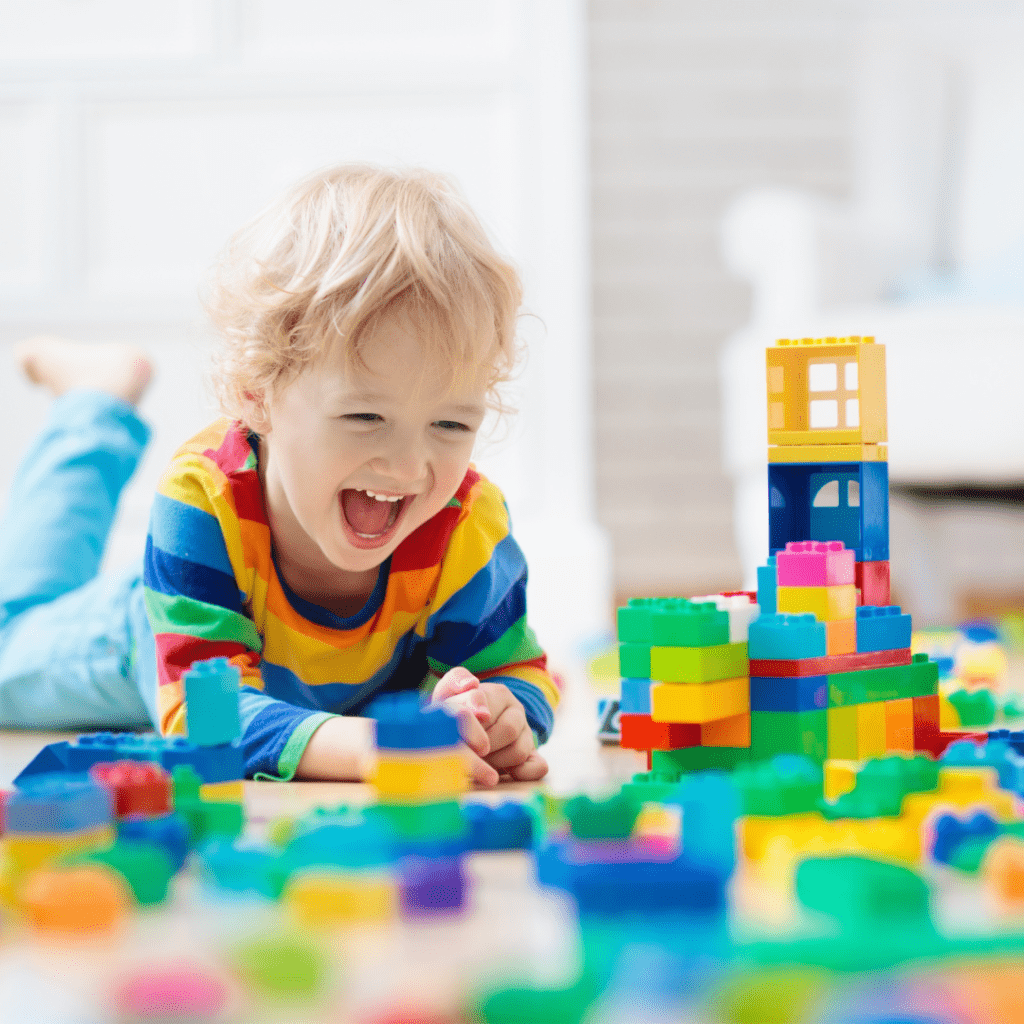Play and Creativity in Child Development
In today’s modern world, it is evident that children are spending excessive amounts of time on electronic devices like tablets, phones, TVs, and video games. However, it is important to recognize the benefits of play in child development and the drawbacks associated with too much screen time.
First and foremost, prolonged sitting and limited movement associated with electronic device use hinder physical development. Engaging in physical play, such as running, jumping, climbing, and interacting with objects, is essential for children to improve their coordination, balance, fine motor skills, and overall physical strength.
Additionally, play contributes to cognitive development as children use play to experiment, make connections, and understand cause and effect relationships. These cognitive activities foster creative and analytical thinking skills in children.
Furthermore, play aids emotional development by providing children with an outlet to express and regulate their emotions. Whether it is through imaginative play, role-playing, or group activities, children learn effective emotion management, develop empathy, understanding, and acquire important social interaction skills.
Moreover, play helps children develop social skills through interaction and collaboration with their peers. Cooperative play promotes the acquisition of vital social skills such as sharing, communication, negotiation, and problem-solving. It also helps in establishing friendships and understanding others’ perspectives.
In addition, play nurtures creativity and imagination as children explore their creative capabilities. Storytelling, creating artwork, building structures, and engaging in pretend play all encourage self-expression, originality, and innovative thinking, which lay the foundation for future learning and development.
To promote a healthier balance and limit excessive device usage, parents can implement certain strategies. Setting an example as role models is crucial, so parents should prioritize family time and reduce their own use of electronic devices. This demonstrates positive values, behaviors, and problem-solving skills to the child.
Establishing designated times or areas free of electronic devices, such as during dinner or in bedrooms, allows for increased communication and connection within the family.
Creating a safe space for open communication enables children to share their thoughts and ideas without judgment, enhancing their problem-solving and analytical skills while boosting their self-confidence.
Scheduling regular family time devoted to activities such as board games, park trips, or movie nights’ fosters bonding among family members and provides opportunities to practice communication skills. Additionally, allowing children age-appropriate responsibilities and encouraging decision-making helps them become more self-reliant and confident.
Encouraging periods of boredom allows children to explore alternative activities beyond electronic devices. While parents can provide opportunities, it is important for children to develop independent ways of entertaining themselves, such as engaging in crafts, playing board games, or participating in role plays.
Furthermore, encouraging sensory experiences, like visits to nature or conducting experiments at home, can enhance a child’s creativity. Exploring the senses allows for a broader understanding of the world and stimulates creative thinking.
Lastly, parents can make use of tablet time for educational purposes, such as playing educational games, video calling relatives, or conducting research on specific topics. By directing electronic usage toward productive and educational goals, parents can ensure that children are benefiting from their screen time.
In conclusion, play and creativity are essential aspects of child development that contribute to their intellectual, social, emotional, and physical well-being. By encouraging children to engage in play-based activities and nurturing their creativity, parents can support their overall growth and equip them with the necessary skills for success in various areas of life.



